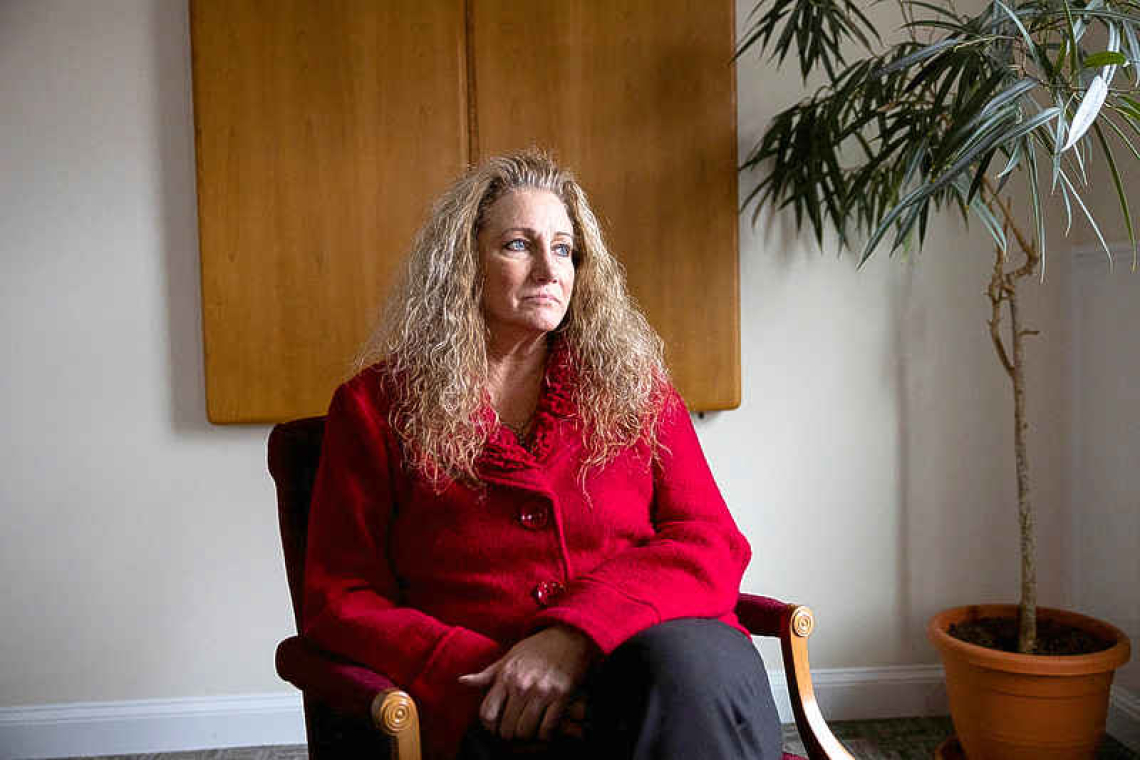WASHINGTON--The U.S. Supreme Court made it easier on Thursday for people from majority backgrounds such as white or straight individuals to pursue claims alleging workplace "reverse" discrimination, reviving an Ohio woman's lawsuit claiming she was illegally denied a promotion and demoted because she is heterosexual.
The justices, in a 9-0 ruling authored by liberal Justice Ketanji Brown Jackson, threw out a lower court's decision rejecting a civil rights lawsuit by the plaintiff, Marlean Ames, against her employer, Ohio's Department of Youth Services. Ames said she had a gay supervisor when she was passed over for a promotion in favour of a gay woman and demoted, with a pay cut, in favour of a gay man.
Reverse discrimination lawsuits are increasing in the United States amid a backlash by conservatives and Republicans including President Donald Trump against initiatives in the public and private sectors to promote diversity, equity and inclusion in the workforce. The Ames case centered on how plaintiffs like her must try to prove a violation of Title VII of the Civil Rights Act of 1964, which prohibits discrimination based on race, religion, national origin and sex - including sexual orientation.
Thursday's ruling will affect how cases are handled by courts in certain parts of the country where plaintiffs from majority groups must provide more evidence than minority plaintiffs to make an initial - or "prima facie" - claim of discrimination under a 1973 Supreme Court ruling that governs the multi-step process employed to resolve such cases.
These courts include the Cincinnati-based 6th U.S. Circuit Court of Appeals, which ruled against Ames. They require majority-group plaintiffs to show "background circumstances" indicating that a defendant accused of workplace bias is "that unusual employer who discriminates against the majority."
Jackson, writing for the Supreme Court, said that both the language of Title VII and the court's precedents make clear that there can be no distinctions between majority-group and minority-group plaintiffs. "By establishing the same protections for every 'individual' - without regard to that individual's membership in a minority or majority group - Congress left no room for courts to impose special requirements on majority-group plaintiffs alone," Jackson wrote.
Ames, 61, sued in 2020 seeking monetary damages. She argued that she was discriminated against in her department's 2019 employment decisions because she is heterosexual in violation of Title VII and that she was more qualified than the two gay people given the job positions instead of her. "I was straight and pushed aside for them," Ames told Reuters in February.
"We are overjoyed that the court saw the case our way," Edward Gilbert, an attorney for Ames, said after Thursday's ruling.
The 6th Circuit said Ames could not satisfy the "background circumstances" requirement by showing that a gay person made the employment decisions in favour of gay people. The two people who had authority in those personnel decisions, the 6th Circuit noted, were straight.
Republican Ohio Attorney General Dave Yost's office had defended the employment actions concerning Ames as part of a Department of Youth Services restructuring and said department leaders felt she lacked the vision and leadership skills needed for the newly created job for which she applied.
Department spokesperson Dominic Binkley said Ohio agrees that litigants should not be held to differing standards, but emphasized that lower courts must now address Ohio's remaining arguments in the case. "We look forward to fully pressing those arguments as the case moves forward because the Ohio Department of Youth Services did not engage in unlawful discrimination," Binkley said.







